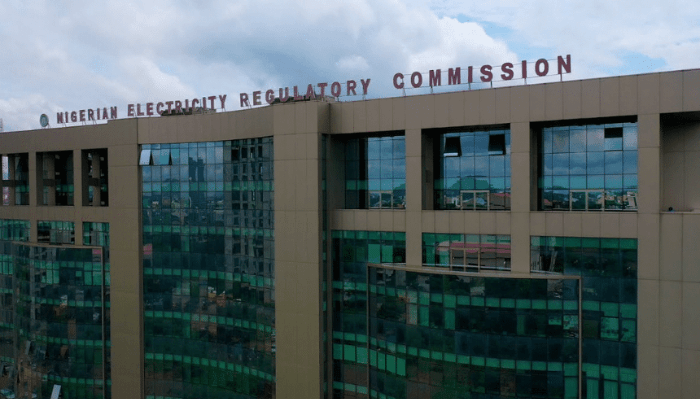The Nigerian Electricity Regulatory Commission (NERC) has issued a firm directive to state governments, warning that they must either incorporate the full wholesale cost of electricity into their tariffs or provide subsidies to bridge any resulting shortfall.
The directive follows the recent decision by the Enugu State Electricity Regulatory Commission (EERC) to slash the Band A electricity tariff from ₦209 to ₦160 per kilowatt-hour. The move, which took effect on July 21, drew sharp criticism from key players in the electricity sector, including distribution companies who say the reduction jeopardises cost recovery and threatens the stability of the power supply chain.
In a statement released Thursday, NERC emphasized that while states now have authority over their subnational electricity markets under the Electricity Act 2023, they do not control the national grid or federal power stations operating under licences issued by NERC.

“States must reflect the full cost of electricity from the national grid in their tariffs without any deviation, or be prepared to finance such deviations through subsidies,” the commission stated.
NERC warned that failure to do so could distort market dynamics and result in severe financial instability across the Nigerian Electricity Supply Industry (NESI), affecting generation, transmission, and the settlement of legacy financing obligations.
The regulatory agency confirmed that it had received numerous complaints from stakeholders about EERC’s Tariff Order (EERC/2025/003), which was issued to Mainpower Electricity Distribution Limited (MEDL). MEDL is entirely dependent on electricity supplied via the national grid and does not produce its own power.
According to NERC, the revised ₦160.4/kWh tariff was largely based on reducing the average generation cost from ₦112.60/kWh to ₦45.75/kW an assumption that includes an implied subsidy of ₦66.85/kWh. The commission noted that there is no formal policy or funding mechanism currently in place at the federal level to support such subsidies.
Quoting Section 34(1) of the Electricity Act, NERC reiterated its mandate to maintain an efficient and financially sustainable electricity market, noting that both it and subnational regulators like EERC are obligated to avoid decisions that may compromise the financial integrity of the sector.
NERC also confirmed that discussions are ongoing with the EERC to address areas of misunderstanding related to tariff setting and the pricing of power sourced from the national grid.
The commission concluded by reaffirming its commitment to market stability and gradual movement toward full cost recovery, urging all stakeholders to align with national regulations to ensure a functional and financially viable electricity industry in Nigeria.




